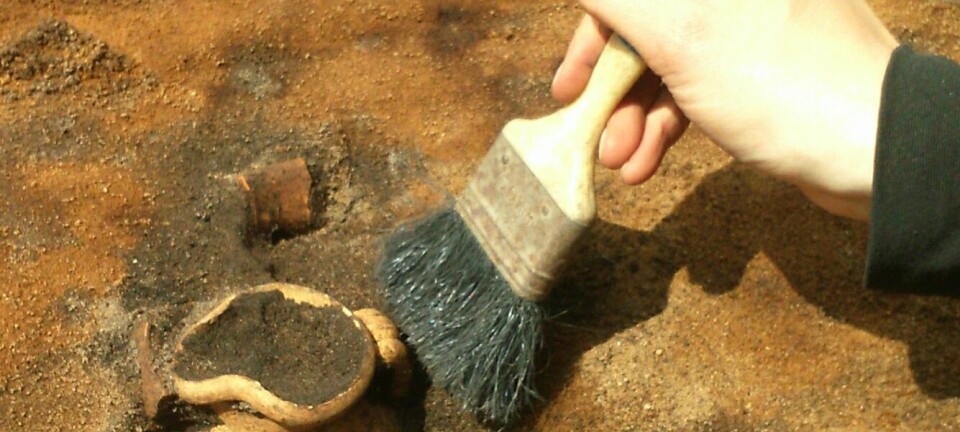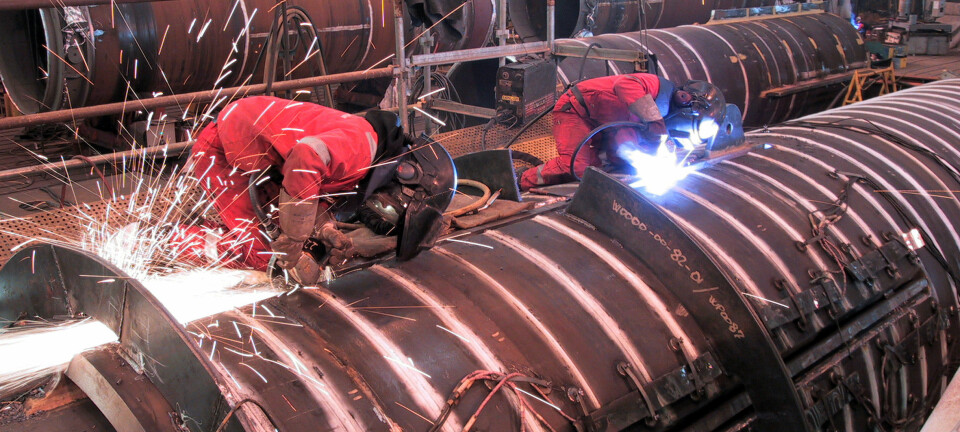Frustrated employees are more effective
Some amount of frustration can prompt us to take new initiatives and introduce new effective methods at work, shows new research.
Video: New research shows that frustration makes you more effective and innovative at work (Video: Strategic Management Society)
A new study into how groups of people reach decisions, suggests that frustrated employees can actually be a good thing. It turns out it helps to push employees to work more effectively and introduce innovative initiatives, when compared with their more content colleagues.
The results are published in the Strategic Management Journal.
The researchers focused on specific kinds of decisions made in companies that help them to decide when it is time to hire or fire people.
Part of this decision is to know when to innovate and when to concentrate on their existing methods and ways of doing business. In organisational research, it is known as the ‘exploit/explore dilemma’.
“Companies should have a balance between exploit [utilising what they already have] and exploring [new innovations], and this balance should depend on their changing environment. This is always a dilemma, because it’s expensive if you only explore new methods, but if you always rely on existing methods then you are very likely to be left behind,” says co-author Professor Dorthe Døjbak Håkonsson from the Department of Business Development and Technology, Aarhus University, Denmark.
But emotions inevitably play an important role when it comes to making decisions about when to innovate and when to sit back and focus on existing methods and business practice.
"In organisational theory we normally consider emotions to be irrational noise. But we’re starting to take them more seriously,” says Håkonsson.
According to Håkonsson, they now recognize that managers should consider the emotions of their team when making big changes or introducing a new routine.
"It’s interesting to examine what human factors come into play [when companies make these changes]," she says.
Learn more about the research in the video at the top of the article.
---------------
Read the Danish version of this article on Videnskab.dk
Translated by: Catherine Jex









